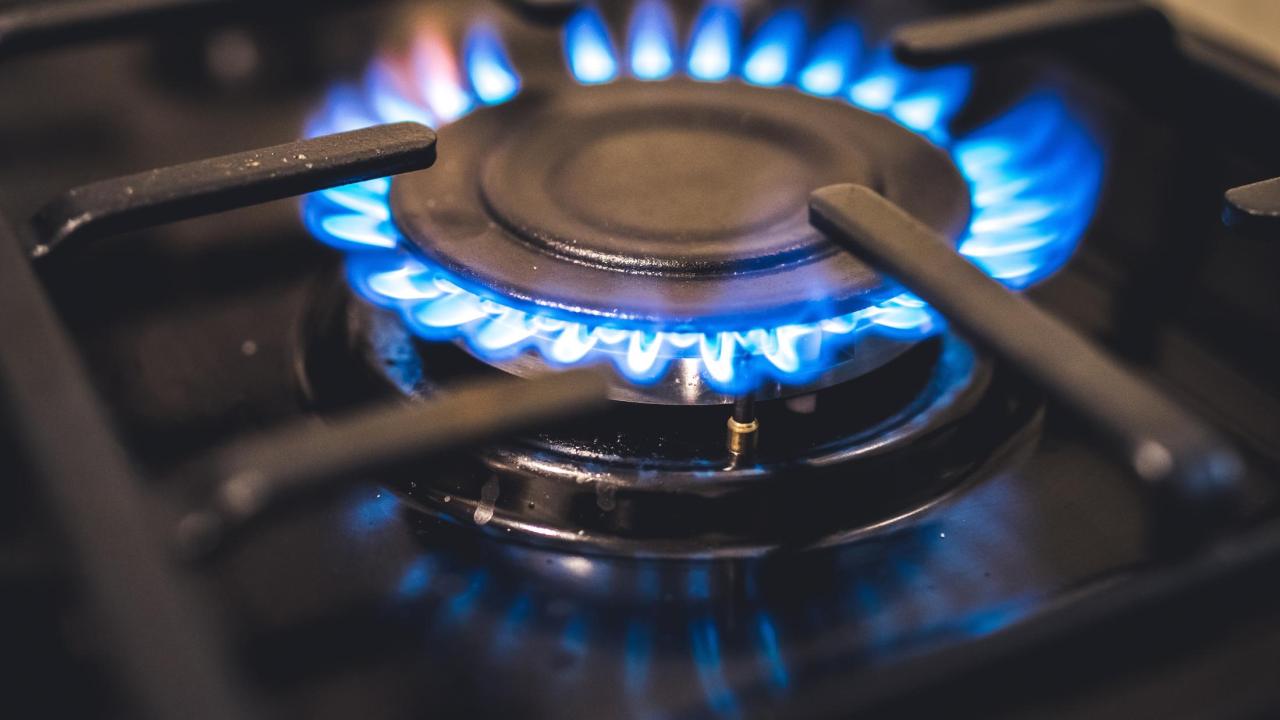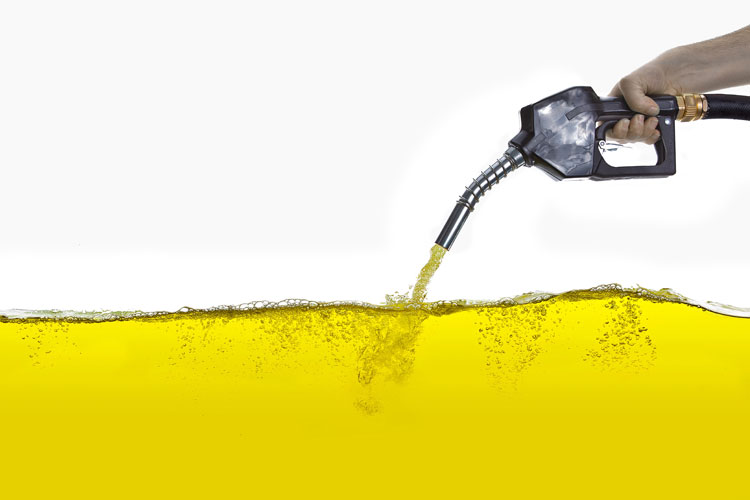What is Fuel Gas?
Fuel gas is a type of gaseous fuel used widely in various industries and household applications. It primarily consists of hydrocarbons like methane, propane, and butane, which burn efficiently to produce heat energy. Fuel gas plays a crucial role in energy generation, heating, and transportation.
Iran Petro Export is a leading provider of high-quality fuel gas, offering reliable and efficient solutions tailored to diverse requirements. Their commitment to safety and innovation ensures customers get the best products in the market.
Composition of Fuel Gas: Key Elements and Formulas
Fuel gas is mainly composed of a mixture of hydrocarbons, including methane (CH4), ethane (C2H6), propane (C3H8), and butane (C4H10). The exact composition varies depending on the source and intended use. Methane is usually the dominant component, making fuel gas highly efficient and clean-burning compared to heavier alternatives like fuel oil, which tend to produce more emissions.
In addition to hydrocarbons, small amounts of impurities such as carbon dioxide, nitrogen, and hydrogen sulfide may be present. Understanding the chemical formulas and composition is essential for optimizing fuel performance and ensuring safety during storage and use.
IranPetroExport carefully analyzes and controls the composition of its fuel gas products to meet industry standards and provide high-quality fuel solutions that maximize energy efficiency and minimize environmental impact.
What is Fuel Gas Uses For?
Fuel gas is a versatile energy source widely used in many sectors due to its efficiency and clean-burning properties. It serves as a reliable fuel for heating, power generation, and transportation.
Here are the main uses of fuel gas:
- Industrial heating and manufacturing processes
- Residential heating and cooking
- Electricity generation in power plants
- Fuel for vehicles and transportation systems
- Chemical production and processing

Industrial Heating and Manufacturing Processes
Fuel gas is widely used as a primary source of heat in various industrial applications. Due to its high efficiency and clean-burning properties, fuel gas is ideal for processes requiring high temperatures. Compared to conventional fuels like diesel, fuel gas offers better combustion control, lower emissions, and reduced maintenance costs. Using fuel gas in manufacturing helps reduce overall expenses and increase productivity. Companies like Iran Petro Export ensure precise quality control, providing fuel gas that guarantees better performance and safety in industrial settings.
Residential Heating and Cooking
One of the most common uses of fuel gas is in residential heating and cooking systems. This energy source burns cleanly and is easy to control, making it popular for home heating and stove operations. Consumers benefit from high-quality products like those offered by Iran Petro Export, ensuring optimal performance and safety. This makes it the preferred choice for many households worldwide.
Electricity Generation in Power Plants
Power plants utilize this fuel as an efficient and cleaner-burning option to generate electricity. Its complete combustion results in fewer pollutants, making it a preferred energy source globally. The product plays a vital role in reducing environmental impacts and supporting sustainable energy production. Iran Petro Export provides high-quality solutions that help power plants maintain optimal and stable performance.
Fuel for Vehicles and Transportation Systems
This gaseous energy is increasingly used in vehicles, especially gas-powered cars, due to its lower emissions and better fuel efficiency. It helps reduce operating costs while contributing to cleaner air. Iran Petro Export supplies pure, standard products to promote more economical transportation. This trend significantly benefits the environment and improves urban air quality.
Chemical Production and Processing
In chemical industries, fuel gas serves as a reliable energy source for various production processes and chemical reactions. Its composition makes it a dependable and controllable option for chemical plants. Quality-controlled supplies from Iran Petro Export allow industries to operate efficiently with reduced costs, which is crucial for maintaining the quality of final products.
Types of fuel gas
Natural Gas:
Natural gas is the most common type of gaseous fuel, primarily composed of methane. It is widely used due to its clean combustion and high energy content. This gas is extracted from underground reservoirs and distributed via pipelines for residential, industrial, and power generation uses.
Liquefied Petroleum Gas (LPG):
LPG consists mainly of propane and butane gases, stored in liquid form under pressure. It is portable and widely used for heating, cooking, and vehicles where pipeline gas isn’t available. Its easy storage and transport make it a versatile fuel choice globally.
Coal Gas:
Produced by the gasification of coal, this type of gas was historically important before natural gas became widespread. It contains hydrogen, methane, carbon monoxide, and other gases. Coal gas is mainly used in industrial heating and chemical manufacturing processes.
Biogas:
Biogas is generated from the anaerobic digestion of organic waste materials such as agricultural residue and animal manure. It primarily contains methane and carbon dioxide. This renewable gas offers an eco-friendly energy source for heating and electricity production.
Hydrogen Gas:
Hydrogen is considered a clean fuel with water as its only combustion product. Although not widely used yet as a fuel, it has promising applications in fuel cells and clean energy systems. Its high energy density makes it a potential future energy carrier.
Fuel Gas Formula: Chemical Properties Explained
Fuel gas consists of various chemical compounds that determine its energy content, combustion behavior, and environmental impact.
This type of energy includes hydrocarbons like methane, propane, and butane, each with unique chemical formulas that influence efficiency and emission levels. Understanding the chemical structure of such fuels, including CST fuel oil, is essential for optimizing usage in industrial, residential, and transportation settings. Companies like Iran Petro Export rely on this knowledge to deliver tailored energy solutions with better performance and reduced pollution.
Common Chemical Formulas of Fuel Gas:
Methane (CH₄)
Ethane (C₂H₆)
Propane (C₃H₈)
Butane (C₄H₁₀)
Hydrogen (H₂)
Carbon monoxide (CO)
Each compound plays a distinct role in combustion and energy yield. Methane, the primary component in natural gas, offers high heat value with relatively low emissions. Propane and butane, commonly found in LPG, are ideal for portable and domestic applications. Hydrogen burns cleanly, producing only water vapor, making it a key element in sustainable energy. Carbon monoxide, while toxic, appears in small amounts due to incomplete combustion.
Understanding these properties helps industries choose the optimal fuel mix—whether for clean-burning gas or even heavier alternatives like mazut—to boost efficiency while minimizing environmental harm. Why Choose Iran Petro Export for Your Fuel Gas Needs?
When it comes to sourcing high-quality fuel gas, Iran Petro Export stands out as a trusted leader in the industry. With years of expertise and commitment to excellence, Iran Petro Export ensures that every batch of fuel gas meets stringent quality standards. Their advanced refining processes guarantee a clean, efficient, and reliable fuel supply tailored to diverse industrial, residential, and transportation needs. Choosing Iran Petro Export means benefiting from competitive pricing, timely delivery, and exceptional customer service. For businesses and consumers looking for dependable fuel gas solutions, Iran Petro Export is the go-to provider that combines quality, safety, and sustainability in one package.

Safety Guidelines for Handling Fuel Gas
Handling this type of fuel requires strict adherence to safety protocols to prevent accidents and ensure secure usage. Proper storage, regular equipment maintenance, and the use of appropriate detection systems are essential to minimize risks. Following industry standards and guidelines is critical to protect both personnel and property. Iran Petro Export not only supplies high-quality products but also provides expert guidance on safe usage, helping customers maintain a secure environment while enjoying efficient energy solutions.
Conclusion
This clean-burning energy source plays a vital role across sectors, from industrial operations to household use. Understanding its composition, proper handling, and safety guidelines ensures responsible and efficient usage. Just like CST fuel oil, selecting the right grade and managing it correctly enhances long-term performance. Choosing a reliable provider like Iran Petro Export guarantees quality and efficiency. With the right practices and fuel mixture, users can maximize energy output while minimizing environmental impact. Investing in trusted solutions is a step toward a cleaner and more sustainable future.
